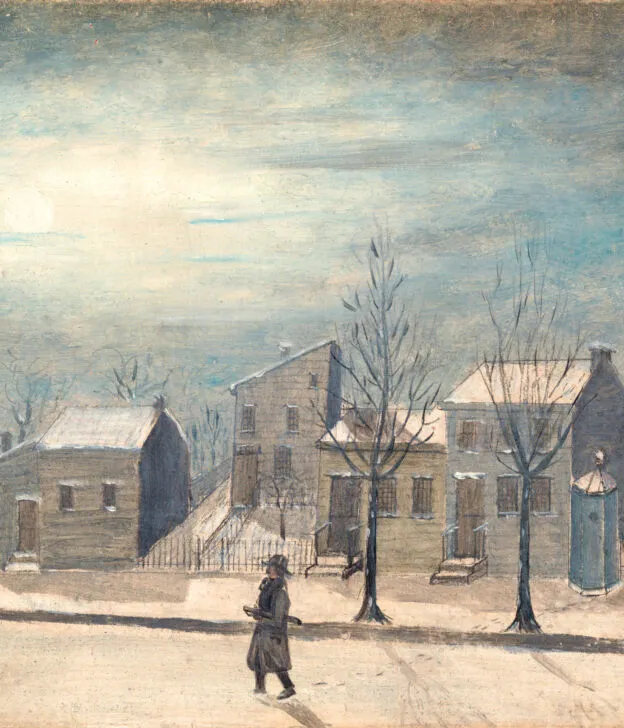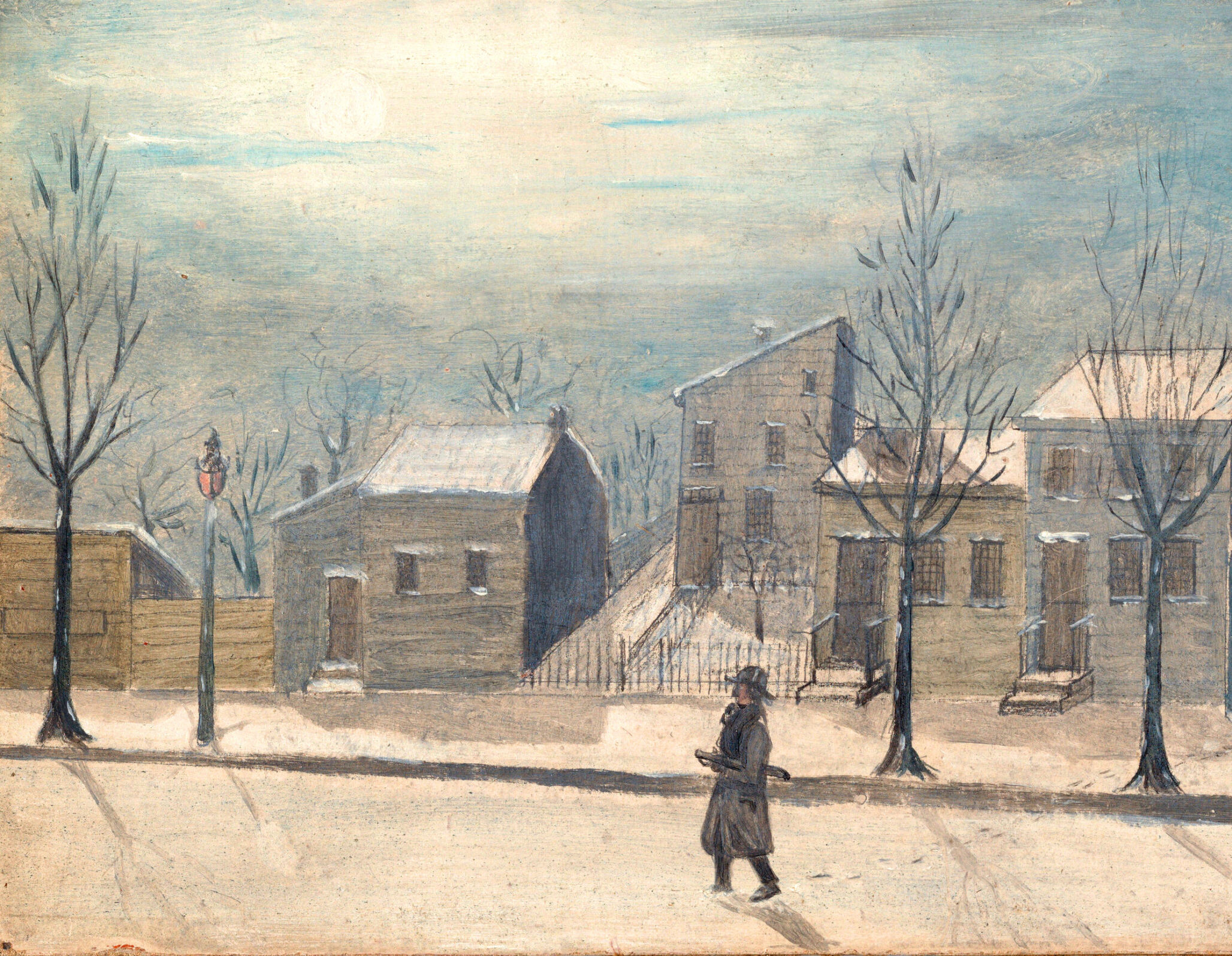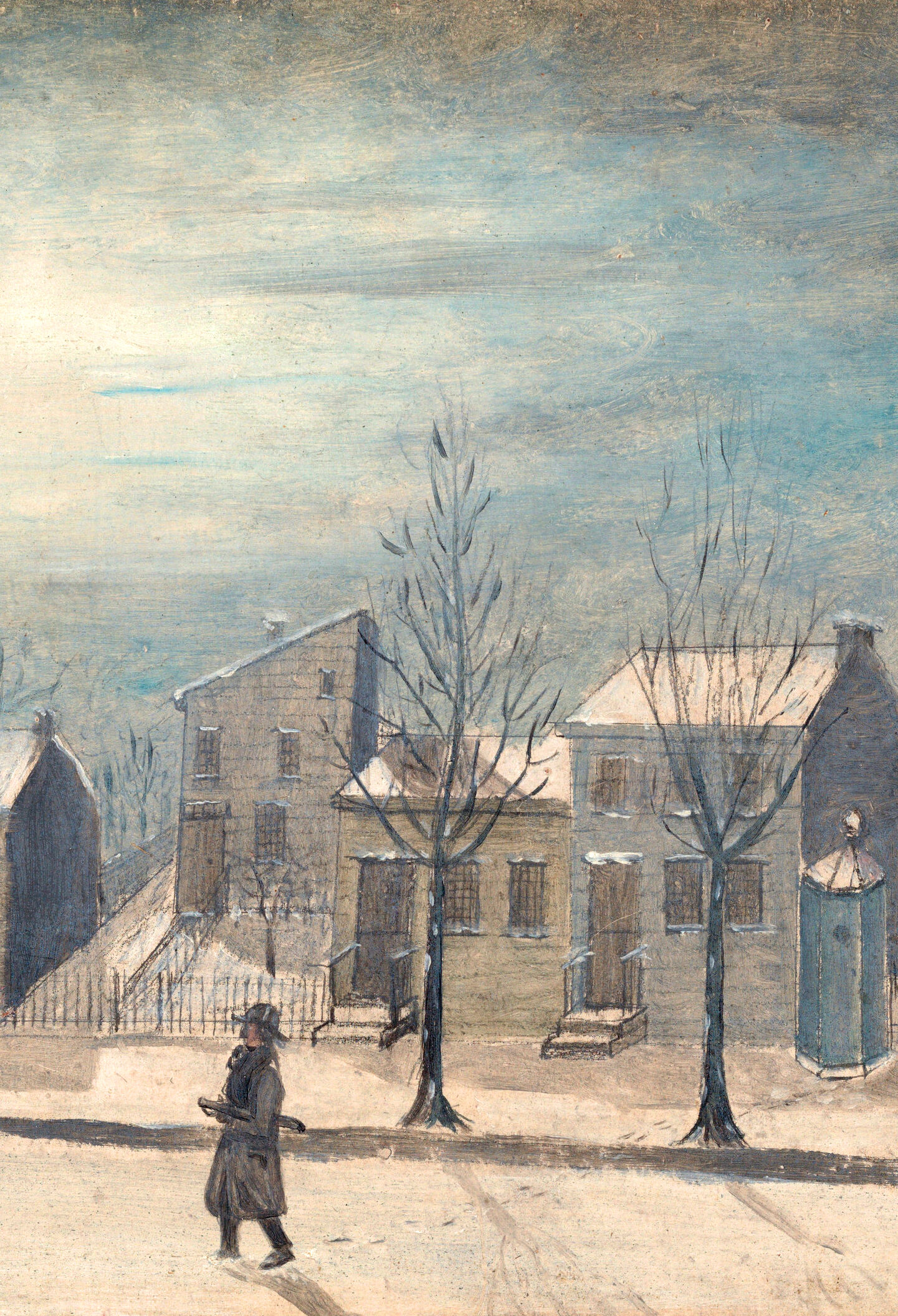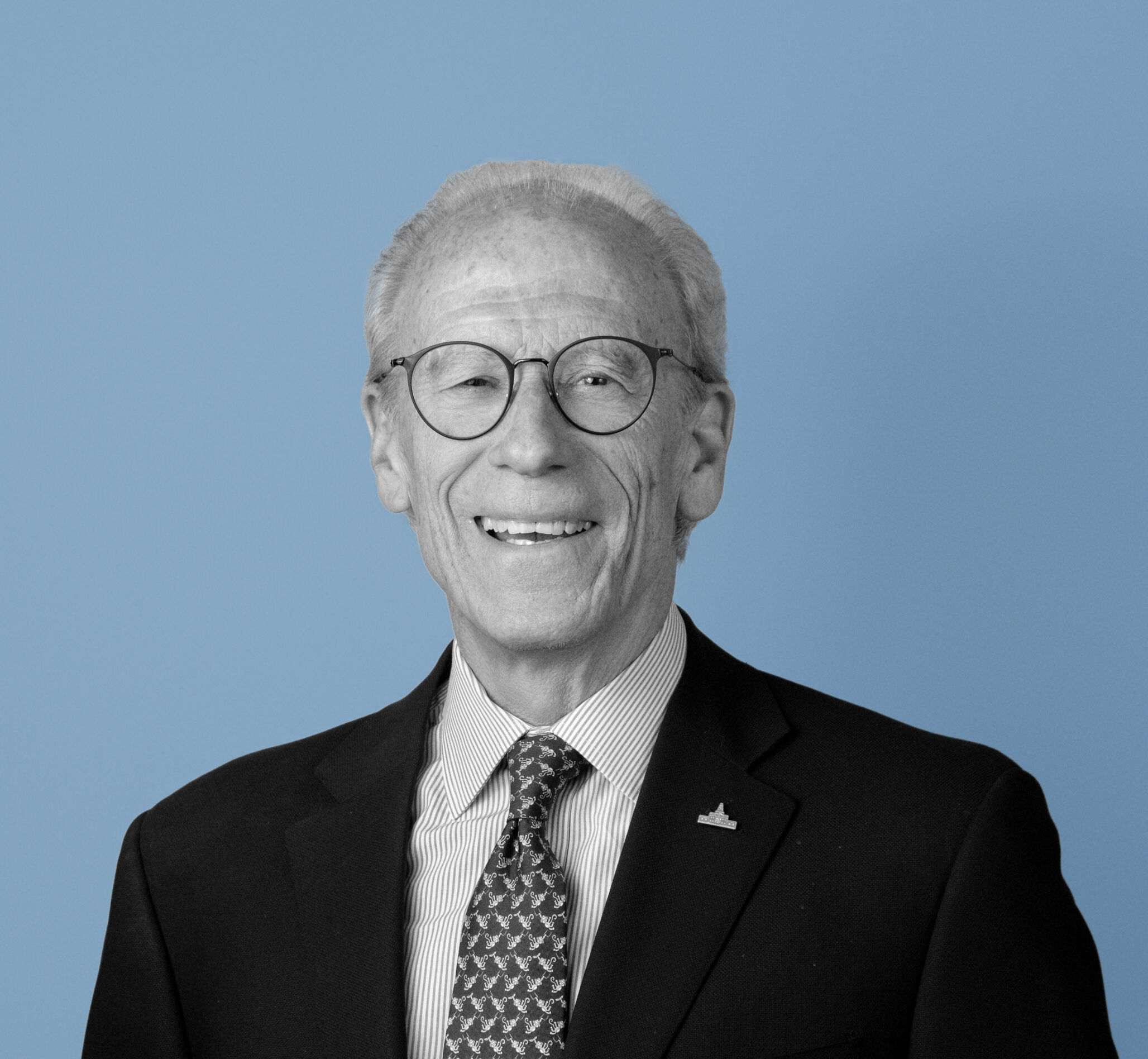
The Office of the Citizen
“In a democracy, the highest office is the office of citizen,” Justice Felix Frankfurter purportedly said. As we approach the 250th anniversary of our nation’s founding, we find ourselves with a sacred opportunity: to renew our understanding of citizenship as not just a legal status or cultural identity but as a lasting inheritance. Citizenship is America’s only lifelong unelected office. And, like any Constitutional office, that entails certain rights and responsibilities. Modern education, however, fails to explain these duties to the young people who inherit this role. Individuals know little about the beautiful history of their station, the power of their vote, and the respect their office demands.
This office is one for which too many young people are woefully underprepared. Voting booths increasingly go empty, individuals lament their perceived helplessness in politics, and ideologues direct their misguided resentment toward the very institutions that guarantee their political autonomy. Many Americans are unaware of citizenship’s high privileges and responsibilities, and educators now face the consequences of decades of neglected civic instruction.
The higher conception of citizenship inherent to the American political tradition is what has consistently struck the greatest observers of the republic as the most exceptional thing about our way of life. Alexis de Tocqueville, for example, observed that in “multiplying officials” and dividing authority among them, society confers on each man “all the power he needs to do what he is destined to execute.” In being his or her own representative, each citizen does not presume a “right to do everything” but indeed accepts “more varied social obligations than elsewhere.” Thus, a “well regulated” and “free” society arises. Americans do not have to earn this office, nor can they shed it. It is inalienable.

Young people’s ignorance of this station is perilous, but it must not be mistaken for an incapacity to learn.
Young people’s ignorance of this station is perilous, but it must not be mistaken for an incapacity to learn. It is the educators, not the students, who are to blame. It is time to equip educators and learners alike with the tools to fully exercise this privilege–both for their own good and for the world they shape.
Unlike mere subjects, citizens are not subordinate to or isolated from their nation’s conduct. Instead, they have a direct voice in managing their republic, which they inherit as a treasured right from their ancestors. This right, though, is not one to be taken lightly. Samuel Adams entreated America to remind each citizen “at the moment he is offering his vote that he is…executing one of the most solemn trusts in human society for which he is accountable to God and his country.” This agency extends far beyond the ballot box, obliging citizens to lead in their communities, steward nonprofits and churches, and guide the moral formation of their families.
The influence of the American citizen extends far beyond our homeland. America’s direct impact on the international stage radically exceeds the influence proportional to a mere 4.22% of the global population. Each citizen’s inescapable influence renders him or her an actor on behalf of others—an unelected officeholder, whether they accept it or not. As such, we must teach our young people that citizenship is not a responsibility that can be shed by turning a blind eye to one’s duties.

Educators must introduce young people to the power they hold, replacing the growing victimhood paradigm with one of empowerment. Too often, we form young people primarily as individuals, neglecting the deeper formation of their civic identity.
Thomas Jefferson, however, reminded us that “the qualifications for self-government in society are not innate. They are the result of habit and long training.” The lack of civic education leads young people into an illusion of helplessness and victimhood, viewing themselves as oppressed, powerless, and too small to influence a system so vast. This could not be further from the truth, and it is through real civic education about the office of the citizen that they might be imbued with the integrity and power their office demands.
So, what is to be done? Civic education programs like Scouting, Boys State, and Girls State are a strong start. These programs focus on the civic education and development of young people, replace helplessness with agency, and cultivate a strong civic identity in young citizens as they learn to take on the responsibilities of their office. This kind of civic education empowers citizens to fight for their beliefs with full confidence that expressing them is a right and a duty that should be cherished across the political spectrum.
A civic education renewal calls upon scholars of the American Founding to embrace their role as civic educators. There is a basic need—neglected for too long—to explain the brilliance of the office of the citizen to our children from the youngest age. Teaching in this way is not merely an antiquarian endeavor concerned with preserving a dead past, but rather, an act of true patriotism that keeps history alive. Without that love of country, scholarship would be empty. But when that scholarship aims first and foremost at communicating the true essence of our shared citizenship, students will wonder at and come to love the magnificence of self-government and the ineffable opportunities it creates.
George Washington said that “a primary object” of our efforts as citizens of the United States “should be the education of our youth in the science of government. In a republic, what species of knowledge can be equally important?” he asked. In recent years, we have lost the art of citizenship. By renewing our understanding of citizenship as a sacred, unelected office, we may yet reclaim the art of self-government, and with it, the republic itself.

About the Author
Michael Weiser is the Chair of the Jack Miller Center’s Board of Directors.
